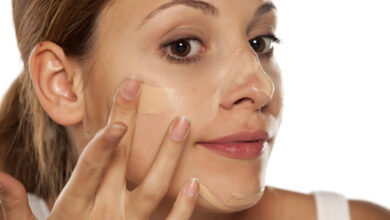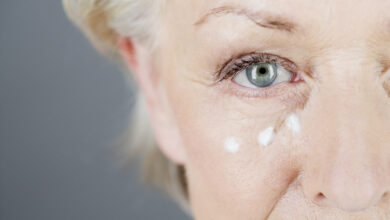Don’t worry — this isn’t an acid flashback.
Beauty trends like feathered hair, pastel eyeshadow, tanning oil and retinol defined the 1970s. We know now that fads tend to work in cycles, rising from the ashes every few decades like a fashionable phoenix. Retinol is one of those trends that has climbed its way back up from a long slump. If you’re not into the scraggy mullets and burnt-orange tans of the 70s, we totally understand, but retinol has a better case for reemergence.
“Retinol is really one of the gold standards in anti-aging,” says Philip Ludwig, Technical Service Specialist at BASF.
“Everyone is familiar with retinol. It’s known to be very good for reducing wrinkles on the skin.”
Though retinol had its heyday in the 1970s, Ludwig says there has lately been renewed interest in the gold standard. “People are starting to recognize again that it’s a very good anti-aging product,” he explains.








